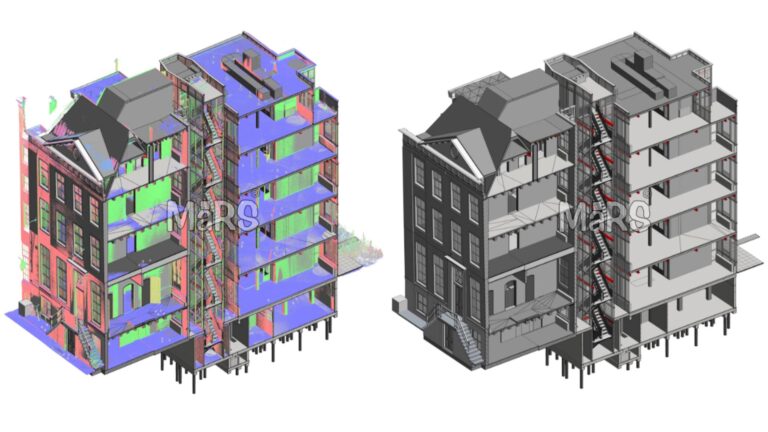Colon cancer is one of the most common cancers worldwide, but it is also one of the most preventable types of cancer. Early detection and awareness are key to improving outcomes and reducing mortality rates. This article will provide an overview of colon cancer warning signs, cancer symptoms, and discuss the various causes and methods of diagnosis.
What is Colon Cancer?
Colon cancer, also known as colorectal cancer, occurs when cancerous cells form in the tissues of the colon or rectum. The colon is the final part of the digestive system, and its main function is to absorb water and salts from the undigested food that comes from the small intestine. When cancerous cells begin to grow uncontrollably in the colon, they can form tumors, which may spread to other parts of the body if left untreated.
Though cancer can affect anyone, certain factors such as age, family history, and lifestyle choices can increase the risk. Thankfully, with proper awareness, it is possible to detect colon tumor early and significantly improve treatment outcomes.
Causes of Colon Cancer
The exact cause of colon tumor remains unclear, but researchers have identified several risk factors that can increase the likelihood of developing the disease. These include:
- Age: Colon cancer is more common in individuals over the age of 50, though it can occur in younger people as well.
- Family history: People with a family history of colon tumor or polyps are at a higher risk.
- Diet: A diet high in red or processed meats and low in fiber can increase the risk of developing colon cancer.
- Obesity and lack of physical activity: Both obesity and a sedentary lifestyle can raise the risk of colon cancer.
- Inflammatory bowel diseases (IBD): Conditions such as Crohn’s disease or ulcerative colitis increase the likelihood of developing colon tumor.
- Genetic mutations: Inherited conditions such as familial adenomatous polyposis (FAP) or Lynch syndrome can lead to a higher risk of colon tumor.
Colon Cancer Warning Signs
Recognizing cancer warning signs early can lead to better outcomes. Colon tumor often develops slowly over several years, which is why it’s critical to be aware of changes in your body and seek medical attention when necessary.
Some of the most common colon tumor warning signs include:
- Changes in bowel habits: Persistent diarrhea or constipation, or a change in the size or appearance of stools, may indicate something is wrong.
- Unexplained weight loss: Losing weight without trying or for no apparent reason can be a sign of colon cancer.
- Blood in stools: Seeing blood in the stool, whether it’s bright red or dark, should not be ignored. This can signal bleeding in the colon.
- Abdominal discomfort: Persistent pain, cramps, or bloating in the abdomen can be a warning sign, especially if they are new or have changed over time.
- Fatigue: Feeling tired and weak without any clear reason can be an indication of cancer, especially when accompanied by other symptoms.
If you experience any of these warning signs, it’s important to consult with a healthcare provider for a proper evaluation.
Colon Cancer Symptoms
The colon cancer symptoms can vary from person to person, and they often depend on the stage and location of the cancer within the colon. Early-stage colon tumors may not present noticeable symptoms, which is why screening is crucial for early detection. However, as the cancer grows and spreads, the symptoms can become more pronounced.
Some common colon cancer symptoms include:
- Rectal bleeding: This can occur when a tumor in the colon bleeds. Blood may appear in the stool, on toilet paper, or in the toilet bowl.
- Persistent abdominal pain: A feeling of discomfort, fullness, or bloating can be a sign that cancer is present.
- Feeling that the bowel doesn’t empty completely: Some people may feel as though they have to pass stool frequently or have a sensation of incomplete evacuation.
- Nausea and vomiting: Colon tumor can block the passage of food through the intestines, leading to nausea, vomiting, and a general feeling of being unwell.
- Iron-deficiency anemia: A gradual loss of blood due to cancer can lead to anemia, characterized by fatigue, pale skin, and shortness of breath.
It is essential to understand that conditions other than cancer, such as hemorrhoids, infections, or irritable bowel syndrome (IBS), can also cause these symptoms. However, if these symptoms persist or worsen over time, you should consult a doctor to rule out a colon tumor.
Diagnosis of Colon Cancer
Early detection is crucial for improving the chances of successful treatment. A number of diagnostic tests are used to identify colon tumor, including:
- Colonoscopy: A colonoscopy is the most common and reliable test used to diagnose colon tumor. A doctor inserts a flexible tube with a camera into the rectum to examine the inside of the colon. They can detect and biopsy polyps or tumors during this procedure.
- Fecal occult blood test (FOBT): This test detects hidden blood in the stool, which may indicate colon cancer or polyps. It is often used as a screening tool in routine checkups.
- CT colonography: Also known as a virtual colonoscopy, this test uses CT scans to create detailed images of the colon. It is sometimes used as an alternative to a traditional colonoscopy.
- Blood tests: While not diagnostic for colon cancer, blood tests can help assess general health, detect anemia, or identify other abnormalities that might indicate the presence of cancer.
- Sigmoidoscopy: This test resembles a colonoscopy, but it only examines the lower part of the colon (sigmoid colon) and doctors may use it in combination with other tests.
Doctors typically recommend screening for colon cancer beginning at age 45 for individuals at average risk. Those with a family history or other risk factors may need to begin screening earlier or undergo more frequent screenings.
Conclusion
Colon cancer is a serious health condition, but it is preventable and treatable if detected early. Being aware of colon cancer warning signs and colon cancer symptoms can help you take action before the disease progresses. Regular screening and a healthy lifestyle are your best defenses against colon cancer. If you experience any of the symptoms mentioned or are concerned about your risk, consult with a healthcare provider to discuss appropriate testing and prevention strategies.
Early detection truly saves lives. Don’t wait for symptoms to worsen—get screened, stay informed, and take control of your health today.
for more(click here)








